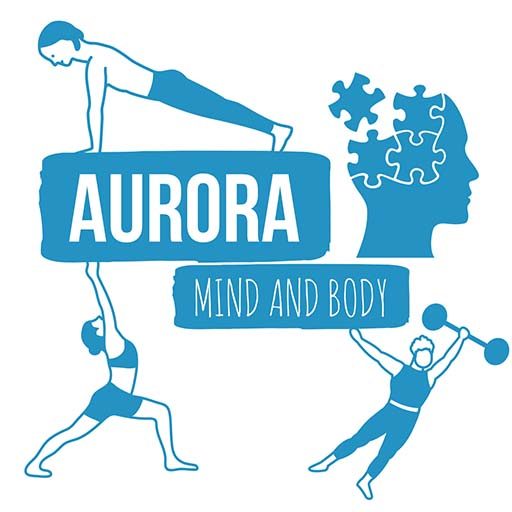Acceptance of where you are at a moment in time is important for mind fitness. However, you also need to challenge yourself for change to happen. Many people benchmark themselves against other people rather than looking inwards to identify what needs to change to be more successful. This mindset can be troublesome as we then become reliant on other people to validate our self-worth. This can leads to issues with confidence and self-esteem.
Why comparing yourself with others can be counterproductive
There’s certainly nothing wrong with looking to other people to inspire you. If you’re a competitive athlete or working towards a particularly challenging goal, having a role model to look at is often useful. However, solely focusing on being better than someone else isn’t always helpful to your self-esteem. Perhaps you’ve begun to think you’re falling short? Instead, let’s reframe the situation – why not focus on you?
Set a ‘stretch’ goal
Here’s a fitness-related example of how you could focus on yourself rather than comparing yourself to others.
Set small, achievable goals focusing on what you want to change. It could be as simple as aiming to run an extra 30 seconds, cycling your usual route a minute faster, or maybe swimming an extra length. Secondly, when taking part in an activity you want to improve, practice positive ‘self-talk’. For example, you could say “C’mon, you can do it!” The more this is practiced, the easier it becomes. Your brain is like a muscle and it needs to practice a different way of thinking to get better at it. Your changes might not be achieved overnight but sometimes the smallest changes in your thought patterns can yield the biggest results. Especially when you look back and see where you’ve come from!
Challenging yourself to be better than you rather than other people puts the control of your destiny back into your own hands. The problem with always comparing yourself to others is that you can start to believe you are not good enough. You are good enough. So why not focus on identifying some of your strengths and reframe how you’re going to achieve your goals?
“When taking part in an activity you want to improve, practice positive self-talk”
Need a break?
It’s also helpful to recognise when you’re feeling tired and need to give yourself a break! How you handle setbacks is also important when it comes to improving your self-esteem.
Get in touch
If you would like some help with confidence and self-esteem issues, get in touch.

